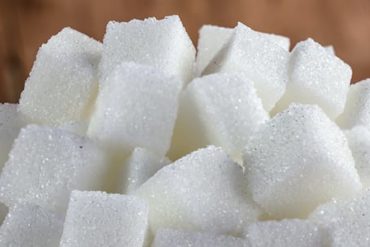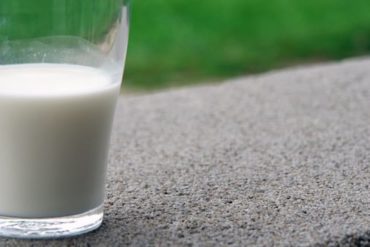The human body is a complex structure of biological mechanisms that require various nutritional components to function. These nutrients are classified as macronutrients, (proteins, carbohydrates, fats, fibre and water), micronutrients (vitamins, minerals and trace minerals) and phytochemicals.
Dietary protein
Proteins are made of thousands of single amino acids positioned in complex chains. When proteins are digested in the body they are reverted back to individual amino acids. These individual building blocks are then used to make all the various human proteins, including blood clotting factors, antibodies, hormones, cell receptors, transport proteins, and the collagen and elastin for skin, ligaments and cartilage.
Non-essential amino acids are made in the body from other building blocks, meaning they aren’t necessary to include in your diet. However, the essential amino acids need to be present in your diet.
It is asserted that one gram of protein per kilogram of weight is a proficient daily intake. Therefore, someone weighing 75kg would need 75g of protein per day.
Protein from animals (meat, fish and dairy) contains all nine essential amino acids, and are known as complete proteins. Vegetables and grains also contain protein but most do not contain all nine essential amino acids, so they are classed as incomplete proteins. Because of this, it is important that vegetarian diets consist of a variety of plant products.
When too much protein is consumed, excess amino acids cannot be stored, and so they are either used for energy, converted to glucose, or converted to fat for later use.
Carbohydrates
Although they are not essential nutrients, most people’s main source of energy comes from carbohydrates. These come in two forms:
- Simple sugars: fruits, milk and refined sugar products, such as sweets, fruit juice and sugary drinks
- Complex carbohydrates: whole grains and starchy vegetables, such as potatoes and corn
Carbohydrates are broken down into molecules of glucose, which are used for energy. The majority of carbohydrate intake should come from complex carbs, as they are metabolised more slowly than simple sugars, ensuring a slower release of glucose into the blood stream. The liver and muscular system store glucose in an altered form called glycogen, for use when blood glucose levels are low.
A general consensus is that between 130g and 250g of carbohydrates is sufficient, as long as the bulk of these come from unrefined, starchy complex carbohydrates. Only a small amount of daily carbohydrate intake should come from simple sugars – around 30g of your daily calorie intake.
Fat
Dietary fats come in different forms which are needed in different amounts. These are:
- Unsaturated fats: vegetable oils, nuts, seeds and fish
- Saturated fats: dairy, (cheese, milk, butter and eggs) and meat products (sausage, bacon and beef)
- Trans fats: foods produced with partially hydrogenated oils
Fats are the most calorie-dense food group, containing 9kcal of energy per gram. This is useful as excess fats are stored in the body as insulation and form a protective layer around vital organs, and they can also be called upon for use as energy when glucose is scarce.
Despite their bad reputation, fats are essential to good health and play a structural role in the production of nerves, cells and hormones. The NHS currently state that no more than 70g of fat should be consumed per day, with only 20g of that fat being saturated and 5g being trans fats.
Fibre
Fibre, although widely overlooked, is an important component of a healthy diet. In addition to its ability to add bulk to your stool and keep bowel movements regular, it’s been shown to help prevent certain cancers, heart disease and weight gain.
There are two types of fibre:
- Soluble fibre: oats, fruits, vegetables, milled flaxseed
- Insoluble fibre: wholemeal, bran, nuts, seeds
Soluble fibre forms a gel when introduced to liquids, and has been shown to slow the absorption of dietary carbohydrates, making it beneficial for glucose control. Around 6g to 10g of soluble fibre is recommended per day. Insoluble fibre is important as it adds bulk in the large intestine and absorbs bacteria and toxins. Around 20g to 25g of insoluble fibre is recommended per day.
Water
Water comprises 60 per cent of the average male’s weight. Water helps to transport nutrients around the body, and regulates body temperature, as well as being essential for chemical reactions and helping to eliminate waste.
Water is lost daily through breathing, sweating, urination and bowel movements. Although it’s commonly stated that drinking 2L per day is sufficient, this varies greatly between people due to environmental factors, activity level and health conditions. A more helpful daily guideline is to drink small amounts of water throughout the day and aim for around 3L a day for males or 2.2L a day for women.
Macronutrients are energy-providing chemical substances consumed by organisms in large quantities. The three macronutrients in nutrition are carbohydrates, lipids, and proteins.





